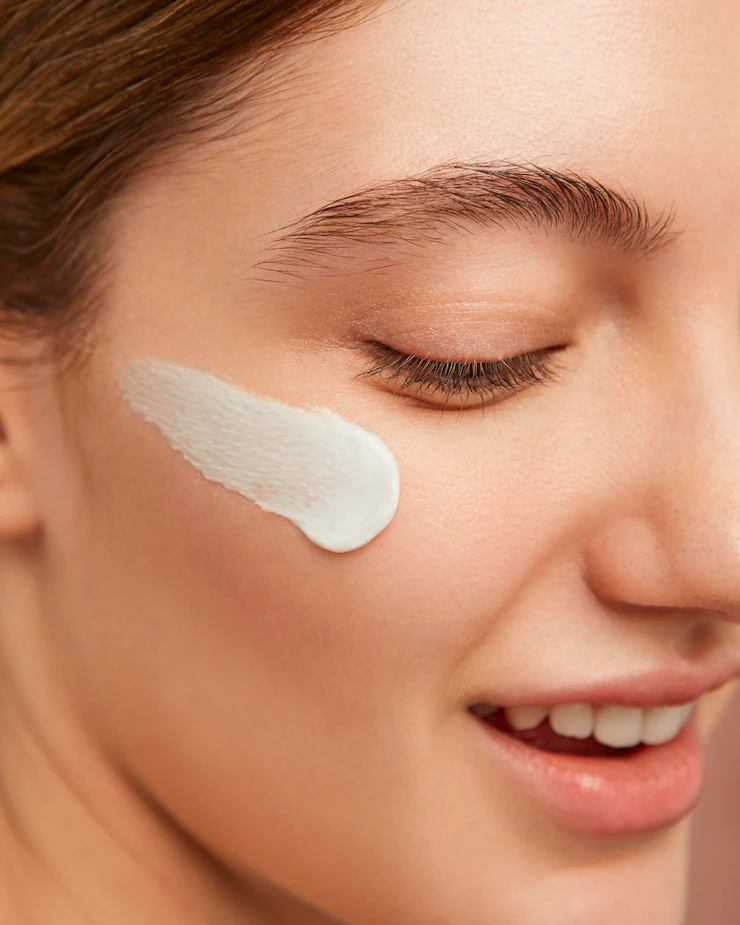- Home
- What is vegan makeup?
- Sun Protection
Sun Protection - The #1 Thing Most People Are Wrong About!

Sun protection is probably one of the least loved skincare topic. But no matter what, we all have to protect our skin from the harmful rays.
As makeup formulators, we usually add sun protection ingredients in products that cover the face like foundations and concealers.
Formulators who make cosmetics at home and do not have the means to send their products to the lab for tests, are advised NOT:
- to make sunscreens on their own
- make claims that their homemade products carry a certain SPF power
- sell homemade sunscreens
Makeup products such as Foundations, Mineral Makeup and Concealer are not considered Sunscreens even though they contain sun protection ingredients.
They are categorized as Cosmetic products because they are used for their aesthetic functions.
What is the #1 thing that people get it wrong about sun protection?
Most people got it wrong when comes to sun protection because they thought they don't need it!
Even though the sun emits powerful, harmful rays millions of kilometers away from earth, you still need to apply sunscreen.
UVA and UVB are 2 common names of harmful rays that come from the sun.

To block these harmful rays, you are going to need broad-spectrum or multi-spectrum sunscreen ingredients such as:
- Avobenzone
- Oxybenzone
- Octyl methoxycinnamate
- Sulisobenzone
- Titanium dioxide
- Zinc oxide
Take note that all these ingredients are acceptable in vegan formulas.
Natural and Organic cosmetic formulators can only use non-nano version of Titanium Dioxide and Zinc Oxide (from the list).
I also have a page with the List of SPF Ingredients here.
Which sunscreen is the best for me?
Choosing a sunscreen with the highest SPF power may not be the best answer. Sometimes, a low SPF power like SPF 15 is good enough!
Depending on certain factors such as:
- how long you are going to be outdoors
- what kind of sunscreen you like - lotion, sprayable
- do you prefer it to be tinted?
Some formulas are thicker than the other. This is because some formulas use more sun protection ingredients than the others. Generally, a 2 mg/cm₂ is sufficient.
Do Natural or Organic sunscreens work?
Natural and Organic concepts require materials that are natural or naturally-derived. In this case, the formulas must only require non-Nano sun protection ingredients such as:
- zinc oxide
- titanium dioxide
All natural and organic sunscreens you see in the market work the way they should and according to the SPF power they have claimed.
Any company that market products with untrue claims, untested SPF power and using misleading marketing jargons can result in a heavy fine, product recall and/or sentenced to jail.
Do you have a favorite sunscreen?
Because being under the bright sun can trigger my migraine, I usually just put on foundation with SPF 15 minimum! Check out this list that I have - Top 3 Sunscreens in iHerb!
- Eucerin, Daily Protection Face Lotion & Sunscreen, SPF 30
- Think, Thinkbaby, Sunscreen SPF 50
- Cetaphil, Pro, Oil Absorbing Moisturizer, SPF 30
❤️ Share with your friends! ❤️

